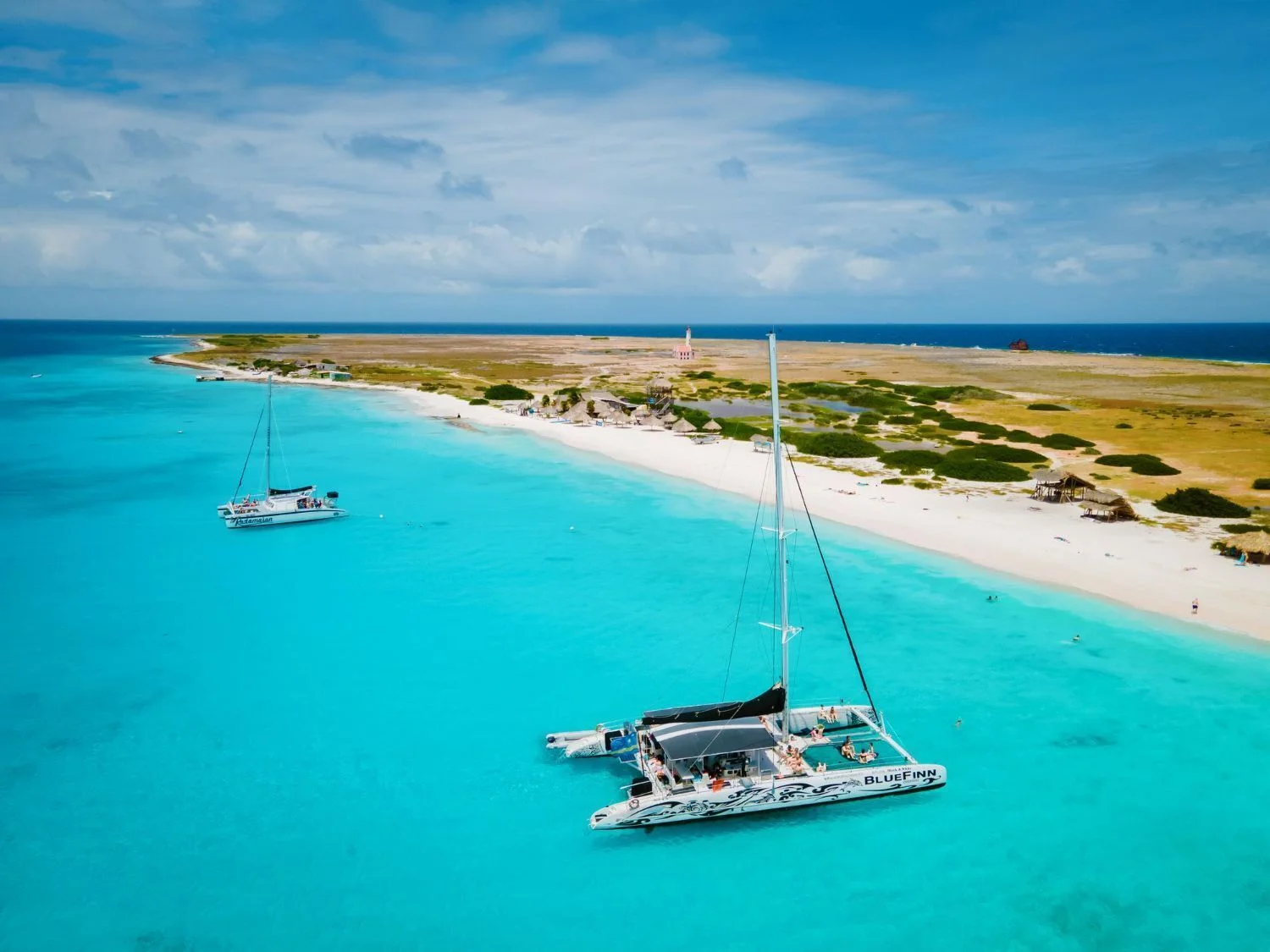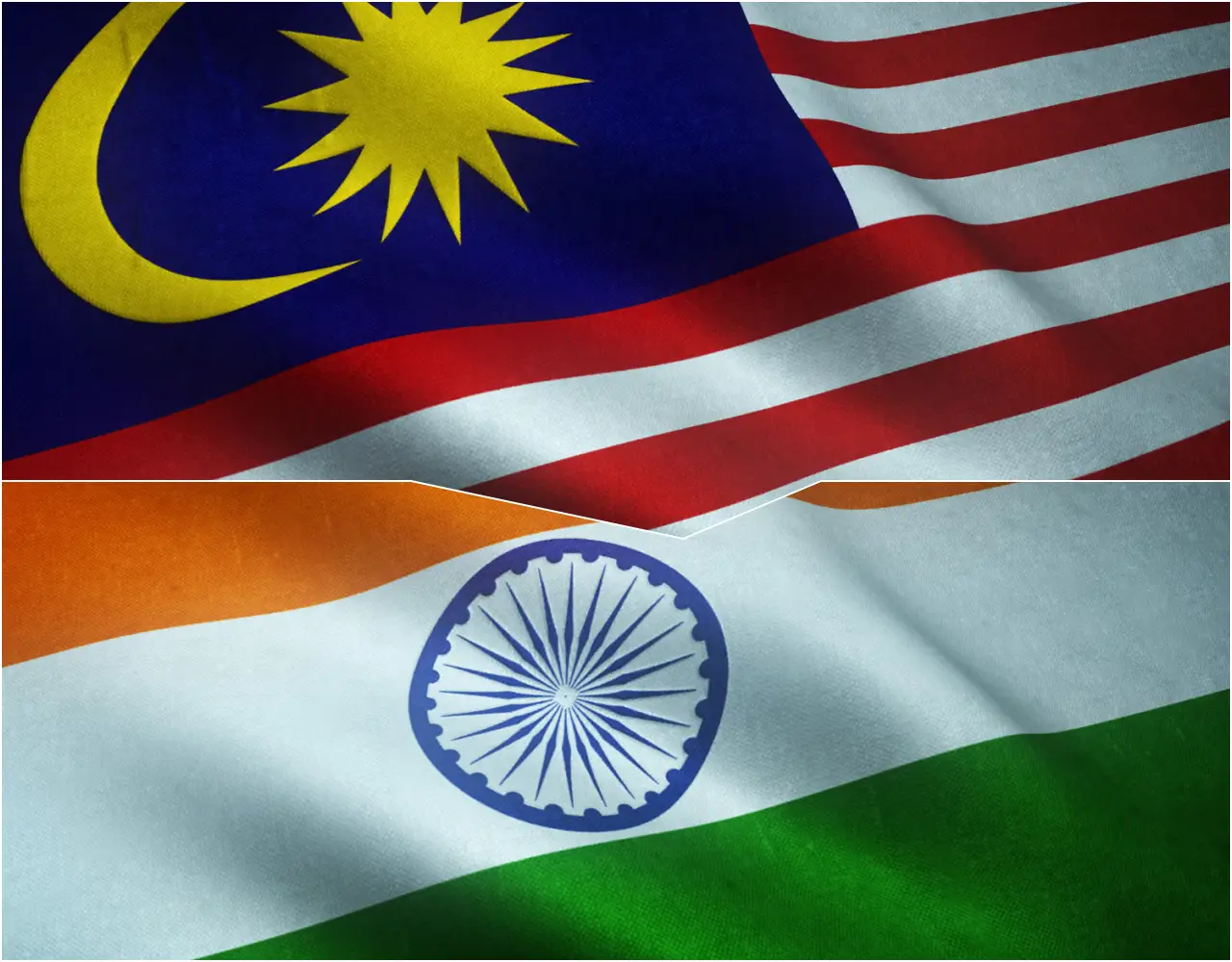British Foreign Office updates travel advice for India and Pakistan as political tensions escalate and safety risks intensify near the shared border. UK nationals are now strongly advised to avoid travel within 10 kilometers (6.2 miles) of the India-Pakistan border, following the abrupt closure of the Wagah-Attari crossing and growing diplomatic friction between the two countries.
Heightened Risks Along the Border
The updated advisory, issued Thursday by the UK’s Foreign, Commonwealth & Development Office (FCDO), reflects rising instability in the region. Travelers are instructed to steer clear of areas near the international border, particularly in Punjab where the Wagah-Attari crossing—famous for its daily flag-lowering ceremony—has been shut down indefinitely.
This iconic checkpoint, typically open to tourists and symbolic of cross-border engagement, was closed in response to recent hostilities, making land travel between India and Pakistan even more restricted than usual. The FCDO emphasized that all non-essential travel to the area should be postponed or rerouted.
Travel Restrictions in Kashmir and Manipur
The advisory also intensifies existing warnings regarding Indian-administered Jammu and Kashmir. British travelers are urged to avoid the region entirely, including well-known tourist destinations such as Pahalgam, Gulmarg, and Sonamarg, along with the city of Srinagar and the Jammu-Srinagar national highway. Travel by air to the city of Jammu remains permitted, and movement within the Union Territory of Ladakh is still considered safe under current conditions.
The northeastern Indian state of Manipur, which has experienced sporadic unrest and interethnic violence in recent months, has also been flagged. The FCDO now advises against all but essential travel to the state, including its capital city, Imphal. These warnings reflect the UK government’s concerns over safety and access in regions facing volatile political or social dynamics.
Tourist Attack Triggers Urgency
The revised travel guidance comes in the aftermath of a deadly attack in Pahalgam, where unidentified gunmen killed 26 individuals—25 of them tourists, mostly Indian nationals, and one local resident. The incident, one of the deadliest in recent years targeting visitors in the Himalayan region, has raised alarms across diplomatic and travel communities alike.
In response, Indian authorities have ramped up security measures and implemented retaliatory political steps, including the suspension of the decades-old Indus Water Treaty with Pakistan. The treaty, a cornerstone of water-sharing between the two nuclear-armed neighbors, has rarely been challenged, making the move particularly significant. India has also expelled Pakistan’s defense, naval, and air advisers from its capital, giving them one week to leave.
Escalation and Travel Safety Guidance
In a parallel development, the Indian government has urged its own citizens visiting Pakistan to return home “at the earliest,” further signaling heightened risk for cross-border travelers. Pakistan, in turn, called India’s actions “reckless,” warning that any effort to disrupt water flow could be interpreted as an “act of war.”
For international travelers, especially those planning trips to northern India or considering overland journeys between India and Pakistan, these developments are significant. Tour operators, travel insurers, and diplomatic missions are closely monitoring the evolving situation, with additional advisories possible in the coming days.
UK citizens currently in India or Pakistan are advised to register with the nearest British consulate or high commission and follow local news and guidance. The FCDO website remains the most up-to-date source for travel recommendations and safety alerts.
While large swathes of both countries remain safe and welcoming for tourists, travelers should remain informed and flexible. The situation underscores how quickly geopolitical events can influence even the most scenic or culturally rich travel plans in South Asia.










